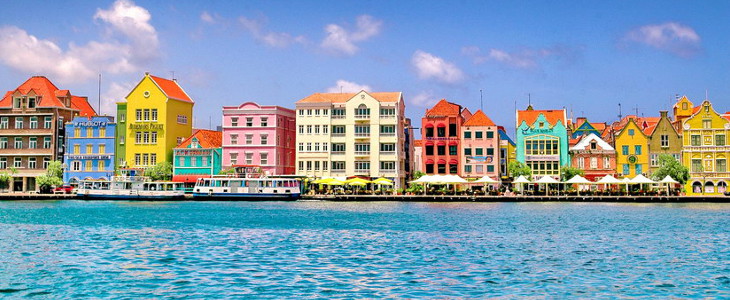Gambia

Capital city: Banjul
Currency: Dalasi (GMD)
Population: 1,882,450
Language: English
GDP: USD $3.6 billion
GDP per capita: USD $1,912
Gambia (also known as Republic of The Gambia) is a small West African country that is entirely surrounded by Senegal, except for its coastline on the Atlantic Ocean at its western end. Gambia is named after the Gambia River, which flows through the centre of Gambia and empties into the Atlantic Ocean.
Gambia’s historical roots include the slave trade which was the key factor in the placing and keeping of a colony on the Gambia River (first by the Portuguese and then the British Empire). Three million slaves were taken from this general region during the three centuries that the transatlantic slave trade operated. In 1965, Gambia gained independence under the leadership of Dawda Jawara (who ruled until 1994).
In 2013 the government established the iCommerce Registry, to undertake the development of the ‘Global Enterprise Zone’, and turn Gambia into an offshore financial services centre. The online portal allows:
- Companies to be incorporated in 30-seconds,
- Various business licences to be issued entirely online with the minimum of formalities,
- The setting up of a local presence remotely via virtual offices,
The GBC2 Offshore Company (International Business Companies) have 0% tax on foreign income and are exempt from withholding taxes. The registry of company shareholders, directors and assets is closed and not available to the public.
The Gambia trust structure offers a high level of anonymity and asset protection, whilst paying zero percent tax on trust income. Although a trust needs to be registered, the trust deed is not filed with the Government Registry and the details of the parties involved in the trust do not need to be disclosed.
Corporate entities wishing to obtain a banking licence can apply for a provisional licence enabling them to start the process to obtain a full licence to operate a bank. The provisional licence only costs $25,000 and is designed to allow ventures to put in place the infrastructure for banking operations, and raise capital from prospective investors to support the business plan once the full licence has been issued.
Once the provisional licence is issued the company has 6 months to fulfil a number of obligations before it may apply for a full licence. The conditions include the appointment of an experienced board of directors; detailed business plan; documented risk management, data management and compliance procedures; evidence of access to sufficient capital to support the business plan; plus the implementation of approved bank software and infrastructure.
"You’d be stupid not to try to cut your tax bill and those that don’t are stupid in business"
- Bono: U2




